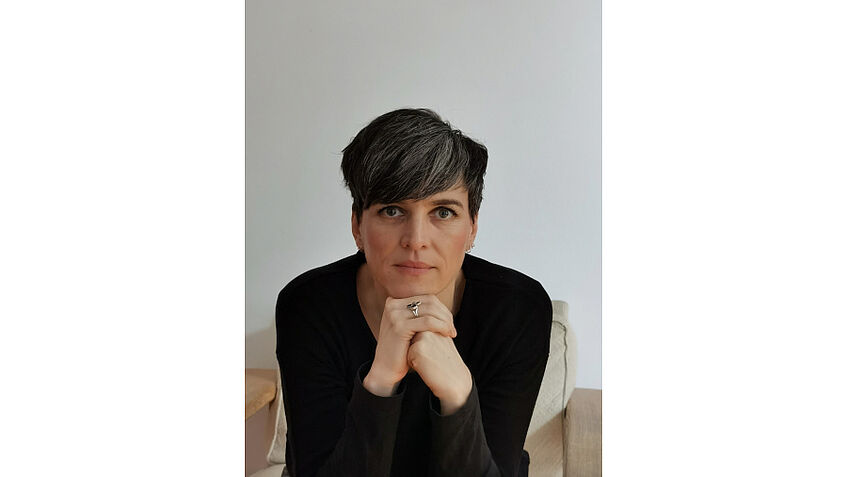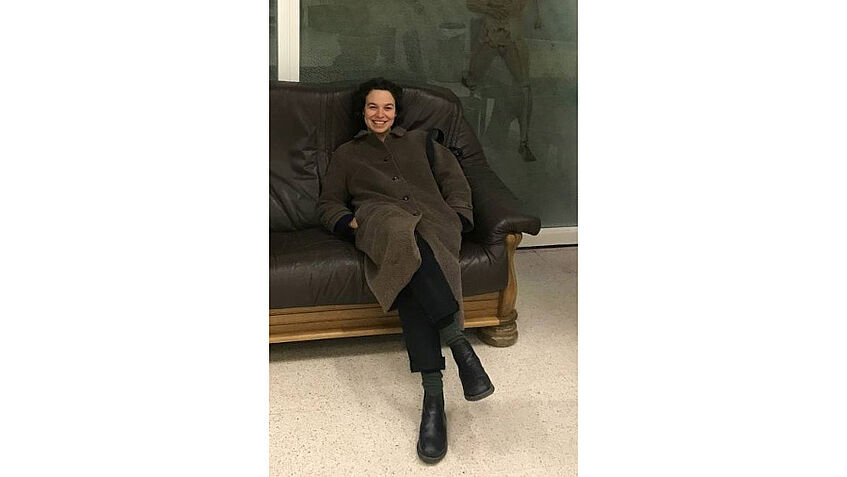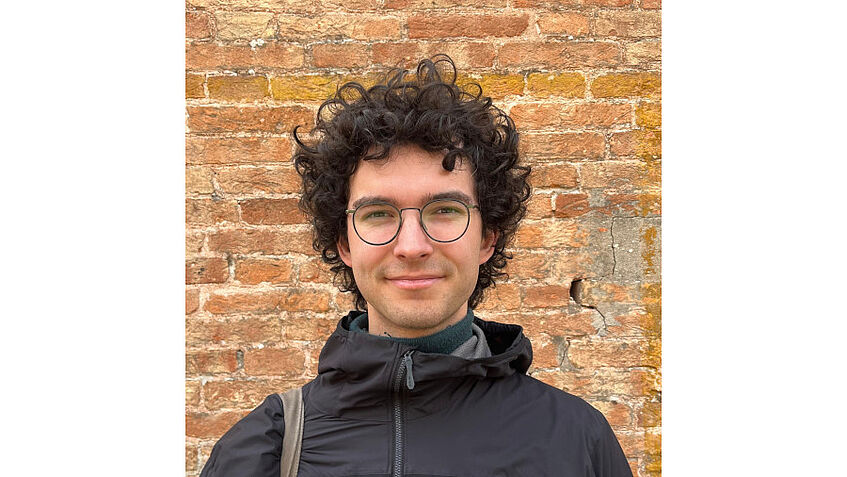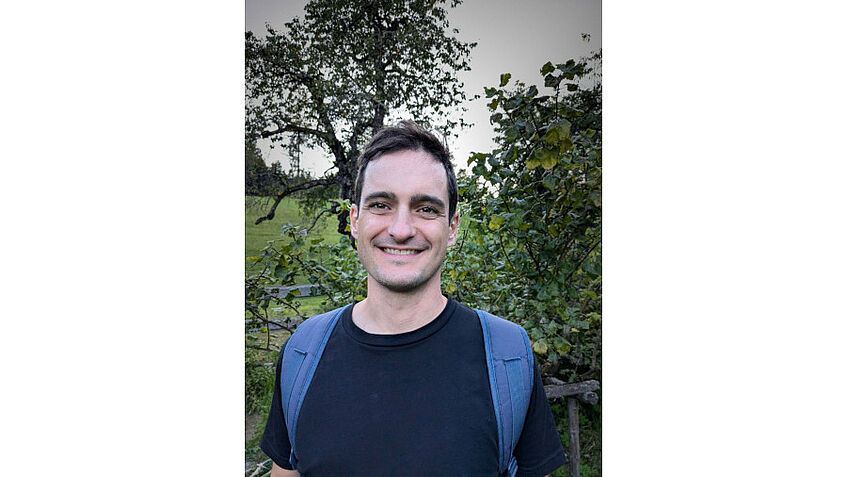Sociology of Social Change
Specializations
- Social change
- Socio-ecological transformation
- Gender, care and social reproduction
- Work and emotions, affect theory(ies)
- Social movements and civil society organizations
- Public services, welfare regimes and social policy
- Participatory methods
- Critical social theory
- Political economy
- Sociologies of work
Supervisor

Assoz. Prof. Emma Dowling, MSc MRes PhD
Combining feminist political economy, political sociology and the sociology of work, Emma Dowling researches the dynamics of crisis and change in welfare and social care systems and has a long-standing interest in how emotions are put to work in contemporary capitalism. Emma Dowling studied Politics & International Studies as well as Global Ethics at the University of Birmingham and Social & Political Theory at Birkbeck, University of London. In 2010, she completed her PhD in Politics at Birkbeck, University of London. In 2019, she was awarded the Venia Legendi & Docendi (Habilitation) in Sociology by the Friedrich-Schiller-University of Jena. For her work on the care crisis, she received a Kaethe-Leichter-Prize in 2022 (outstanding research on gender equality) and a Kurt-Rothschild-Prize in 2023 (outstanding public engagement research). Also in 2022, her book The Care Crisis was shortlisted for the annual book prize of the British International Studies Association International Political Economy Group. Emma Dowling is a member of the advisory board of the international research project ReDigIm, investigating meanings and practices of redistribution in the context of digitalisation, and is co-founder of the Vienna-based Competence Centre for Infrastructure Economics, Public Services and Social Provisioning.
Academic Staff

Susanna Azevedo researchers affective-discursive practices in competitive housing allocation in Vienna and Lisbon amid the housing crisis. Her work is based on qualitative interviews with landlords, real estate agents, and tenants in both cities, and centers around practices such as the gut feeling (of gatekeepers and tenants), questioning its potential for discrimination, subversion and for sensing exploitation. Currently, she is working on the affective-discursive negotiation of property ownership amid exacerbating housing precarity. Her work is theoretically informed by feminist- and affect theory, as well as literary theory on the role of the gut in (Black) feminist literature and the affective unfoldings of home in (women’s) gothic literature. Her doctoral research is funded by the Austrian Academy of Science (ÖAW) and her project is part of the DOC-team Explicit and Implicit Rules of Competition (EIROC) together with Laura Porak (JKU Linz) and Theresa Hager (JKU Linz), which aims to develop an interdisciplinary research framework for understanding how institutions are shaped by both explicit and implicit rules that impact the outcomes of competition.

Leon Romauch is studying Sociolgy and Philosophy at the University of Vienna and is a student assistant at the Department of Sociology. His research interests lie in the sociology of work and the sociology of knowledge. He has also worked as a research assistant on a project funded by the Vienna Chamber of Labour investigating working and employment conditions in private bus companies operating in the public transport sector in Austria.
Doctoral Candidates

Peter Peinhaupt
Peter Peinhaupt is a social worker in anti violence work with men*. His dissertation arises out of a frustration with the lack of support for people who experience harm and with the ineffectiveness of interventions with people who use violence and the inability of these to break cycles of violence in any lasting way. Using interpretive and participatory methods, he is examining the culture of Vienna’s violence protection system. Using situational analysis he is investigating the connections, elements, discourses and demands that the system places on its clients and professionals. His focus includes processes of securitization as well as psychological psychiatric requirements—and the question of what it means to be a victim, survivor or perpetrator. His goal is to spark new interventions and support models in Vienna’s violence protection field and thereby contribute to the improvement of practice.
Linda Ghiradello
Stela Houserova
Felix Wagenitz
